Mike Gonzalez is a senior fellow at The Heritage Foundation’s Davis Institute for International Studies and the author of A Race for the Future: How Conservatives Can Break the Liberal Monopoly on Hispanic Americans.
This year is shaping up as a milestone for an immigrant group that has often felt little-understood (or liked) by the news media. Cuban Americans are coming of age as two Cuban Americans run for president. Yet the candidacies of Marco Rubio and Ted Cruz coincide with one of the community’s most stinging political defeats ever: President Barack Obama’s decision to recognize the government of Raul Castro.
These two watershed events are related. Obama’s decision may force those who still harbor hopes of returning to their ancestral land once it is free to realize that that moment may not come within their lifetimes. Hearing Cruz’s and Rubio’s stirring tributes to America may make them accept their own American identity. Both signify to Cuban Americans that their voyage to America is complete.
Political scientist and journalist Michael Barone estimates that it usually takes about 80 years for members of an immigrant group to fully converge to the American mainstream. This was the case with the Italians and East European Jews, who began to arrive in full force in the 1890s, and with the Germans, whose great migration began in earnest in the 1850s. The Irish, roughly contemporary with the Germans but many of whom were unskilled laborers, took a bit longer—about 120 years.
Yet Cuban Americans have made it in only 55 years. Today, U.S.-born Cuban Americans have a higher average household income than non-Hispanic whites, $50,000 vs. $48,000, and 39% of U.S.-born Cuban Americans have at least a four-year college degree, compared with 33% of non-Hispanic whites. They measure up well in terms of poverty rate, too—only 13% under age 18 fall below the poverty line, just three percentage points higher than non-Hispanic whites. As for marrying outside their group, an important indicator of assimilation, more than two thirds of Cuban-Americans do so. That’s an extremely high rate.
Politically, Cuban Americans account for just 0.5% of the American population, yet they currently hold three of the 100 seats in the U.S. Senate and five of the 435 seats in the House. These congressmen are also geographically dispersed, representing Florida (Rubio), New Jersey (Robert Menendez) and Texas (Cruz) in the Senate, and Florida (with three seats), New Jersey and West Virginia in the House.
No one knows how far Cruz and Rubio may advance in their bid for the presidency. But the very fact that they are in the running may be as important a milestone as Andrew Jackson’s 1828 presidential run or John F. Kennedy’s one in 1960. Jackson was not only the first president from outside of Massachusetts or Virginia, he was our first non-English president. His win was a victory for the common man, who tended to be of the Scots-Irish stock Jackson embodied. Kennedy did the same for native Irish Catholics. His grandfather, former Boston Mayor John “Honey Fitz” Fitzgerald, danced a jig and sang “Sweet Adeline” when Kennedy first won a congressional seat.
In looking at Rubio and Cruz, Cuban Americans will likewise feel a special tug at the heart—something akin to the pride my Cuban immigrant family felt in Queens while watching Tony Perez and Luis Tiant square off against each other in the 1975 World Series.
But their campaigns may have a longer impact than that pinch of pride. The political persona of both candidates is that of someone who is proud of his parents’ immigrant experience but also fully confident in his own American identity. Rubio is the ultimate Florida boy, Cruz the prototypical boots-wearing Texan. (In this they exhibit the trait of successful assimilation that David Hackett Fischer called the tendency “to adopt the folkways of the regions in which they settled.”) Their love of America, the celebration of its virtues and reverence for its traditions is a central part of their message.
Upon hearing it, Cuban Americans will reflect on what that message means for them, especially now that the prospects of making a go of it in a Cuba Libre of the Castros have dimmed. That trade and tourism will be forces too intense for the Communist party to hang on to power in Havana sounds nice in theory, it just hasn’t happened that way anywhere else. In fact, it’s been exactly the opposite case in China, Vietnam and, more recently, Burma.
Cuban Americans are well steeped in the realities of the Asian models that Castro and his generals are trying to copy. That’s why so many of them put Obama’s rapprochement with the Castros on a par with their two other historical catastrophes: Kennedy’s decision to abandon armed exiles to their fate at Bay of Pigs in 1961 and President Bill Clinton’s returning Elian Gonzalez to Cuba in 2000. Obama’s actions, and the message conveyed by the campaigns of Rubio and Cruz, may finally convince those who still harbored wishes of returning that the United States is indeed their only and permanent home.
Take a Walk Through the Streets of Cuba
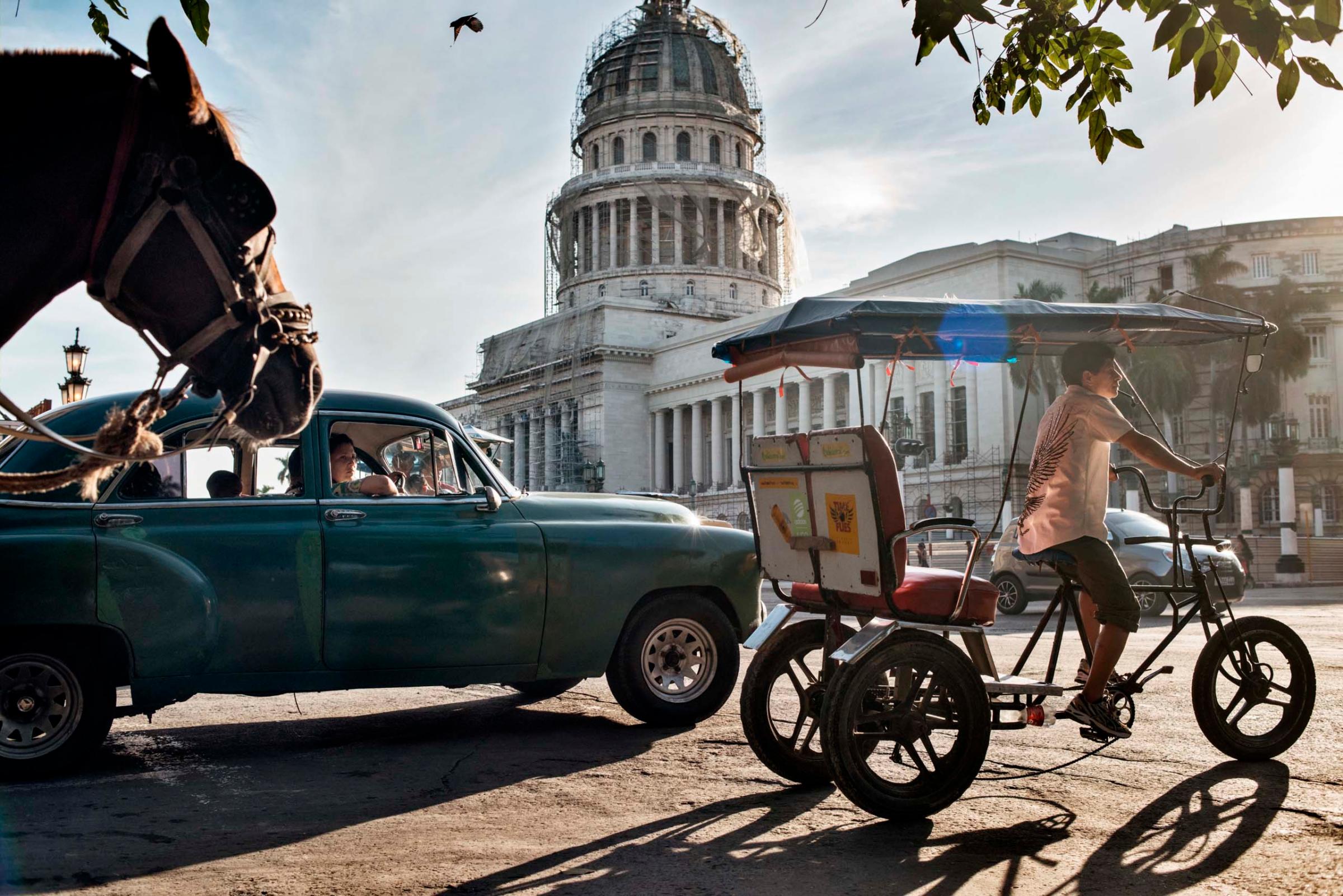

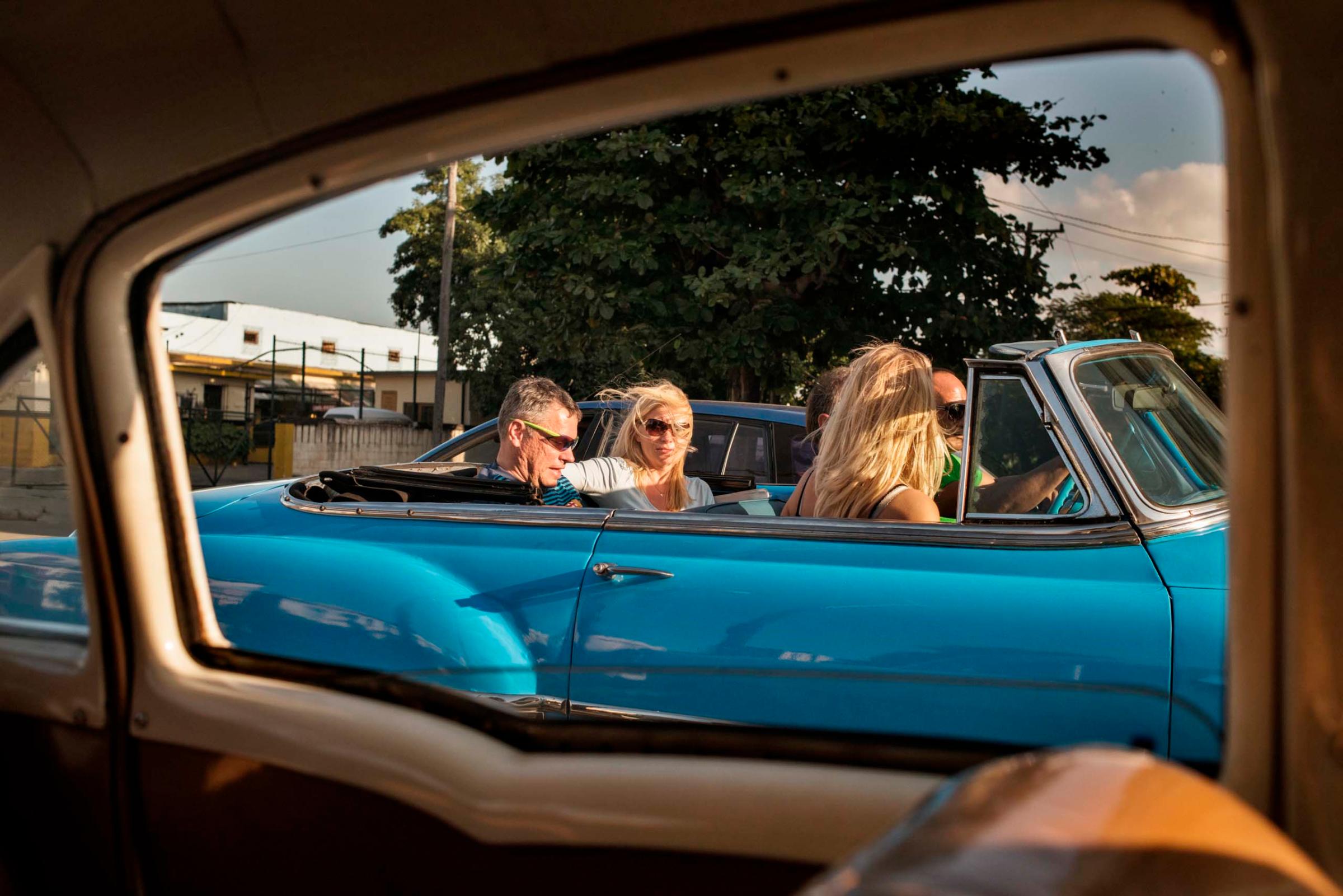
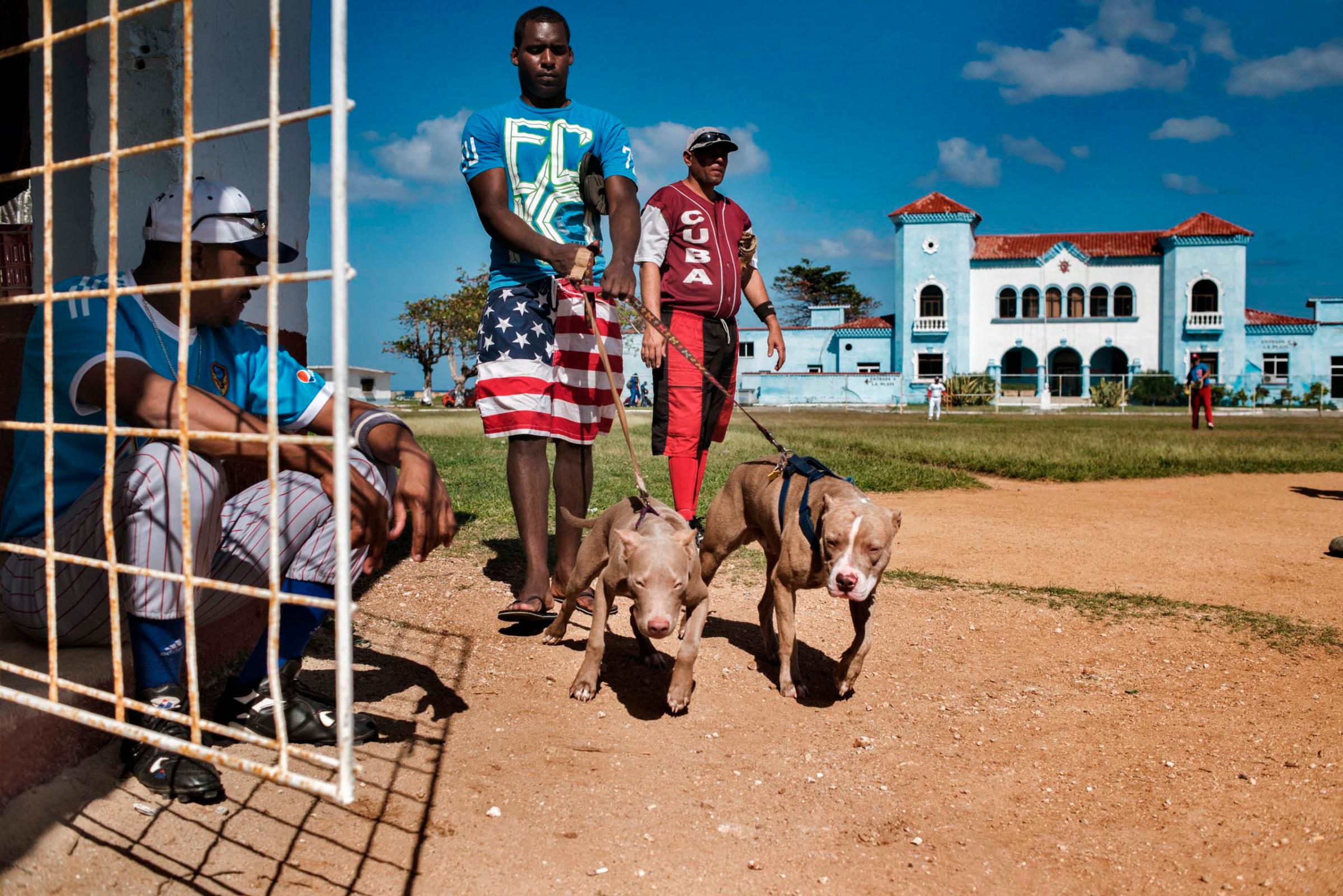
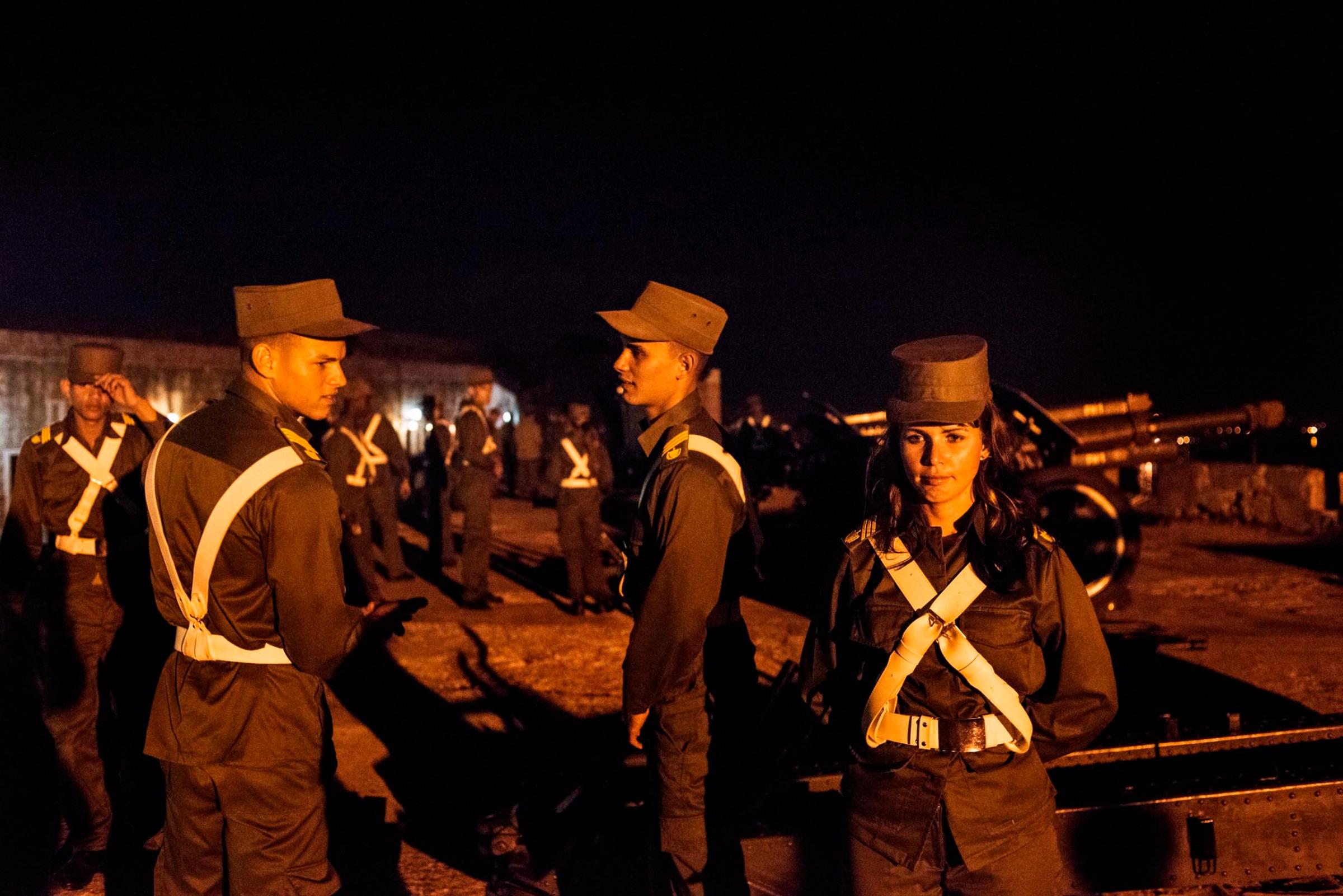

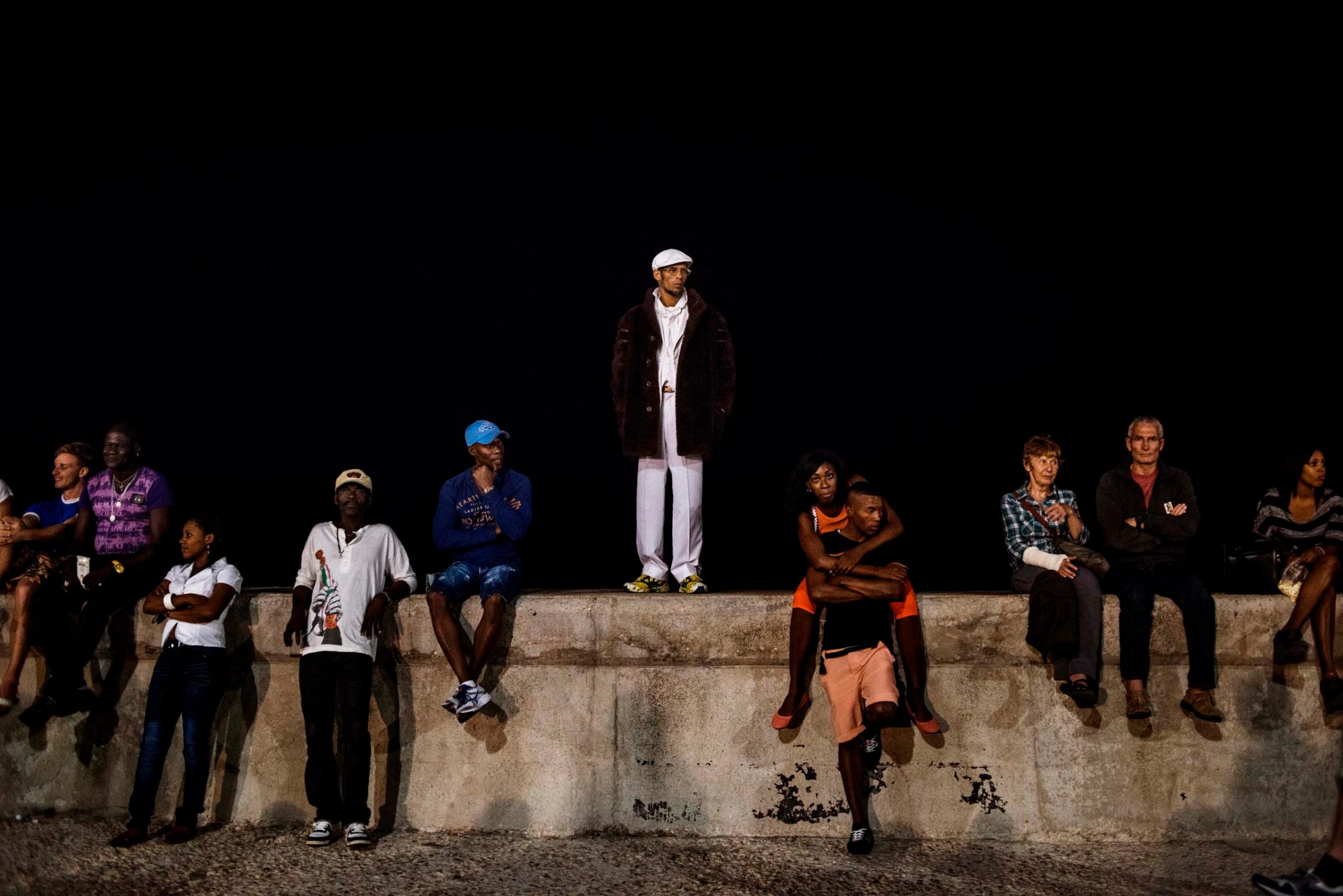
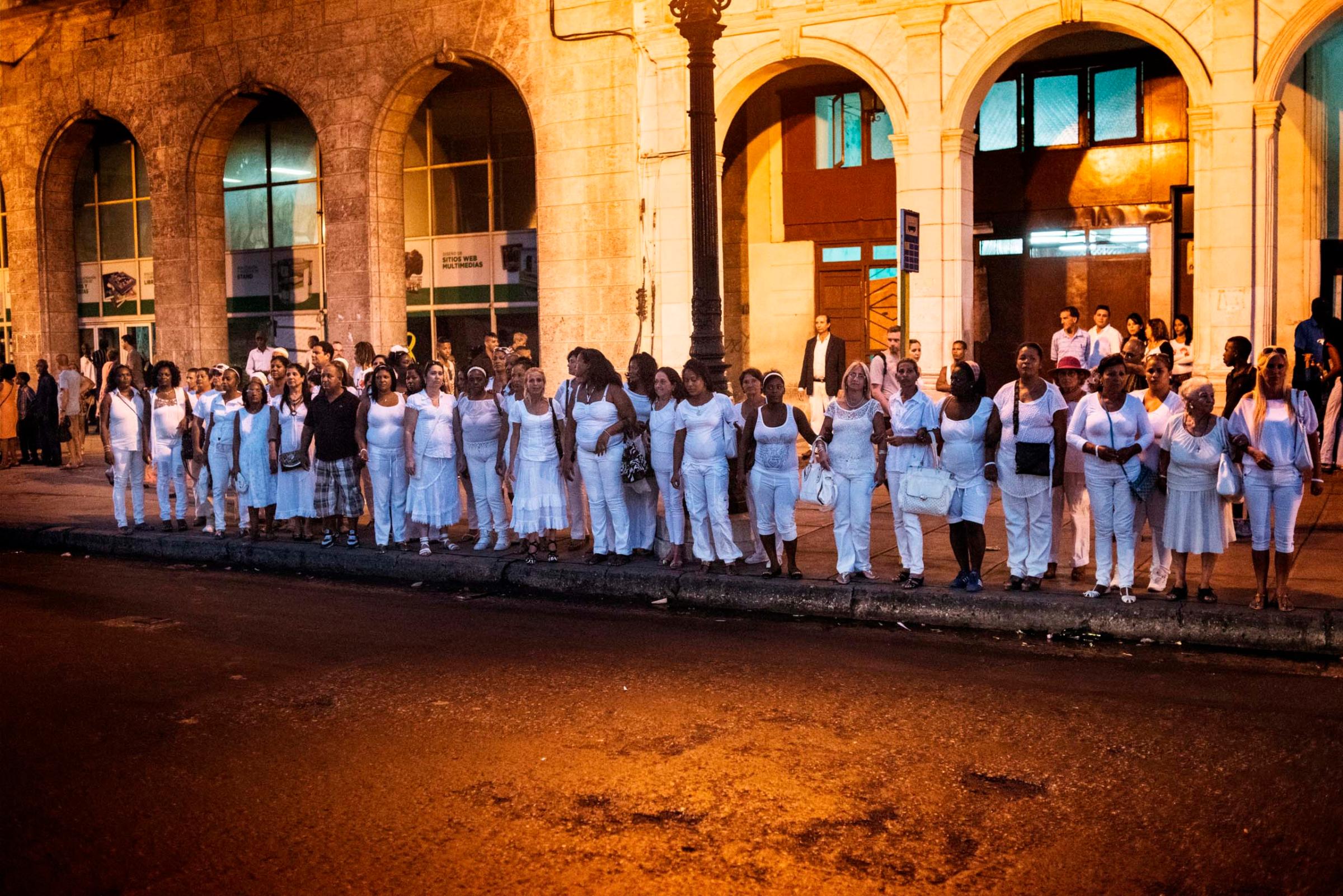



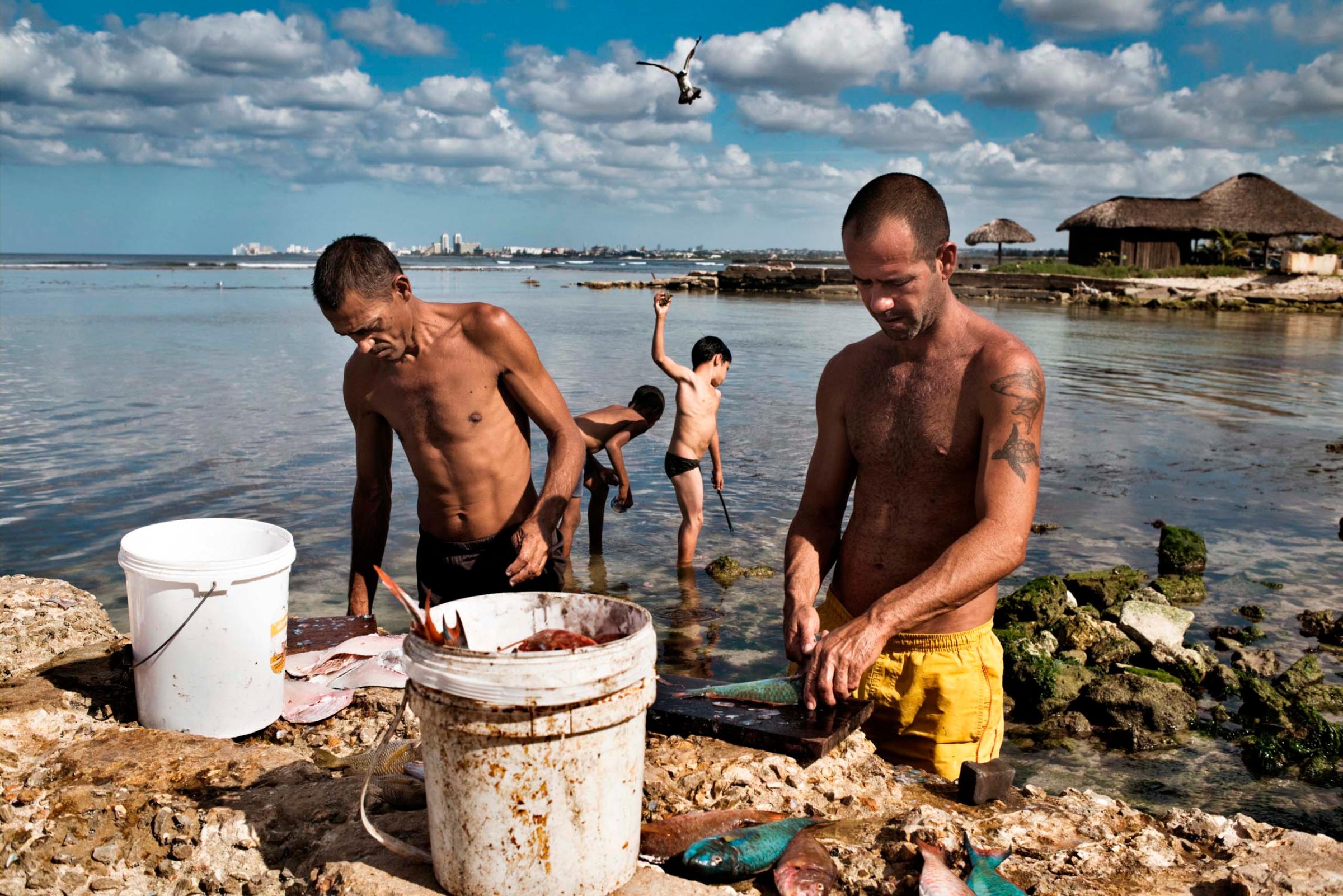


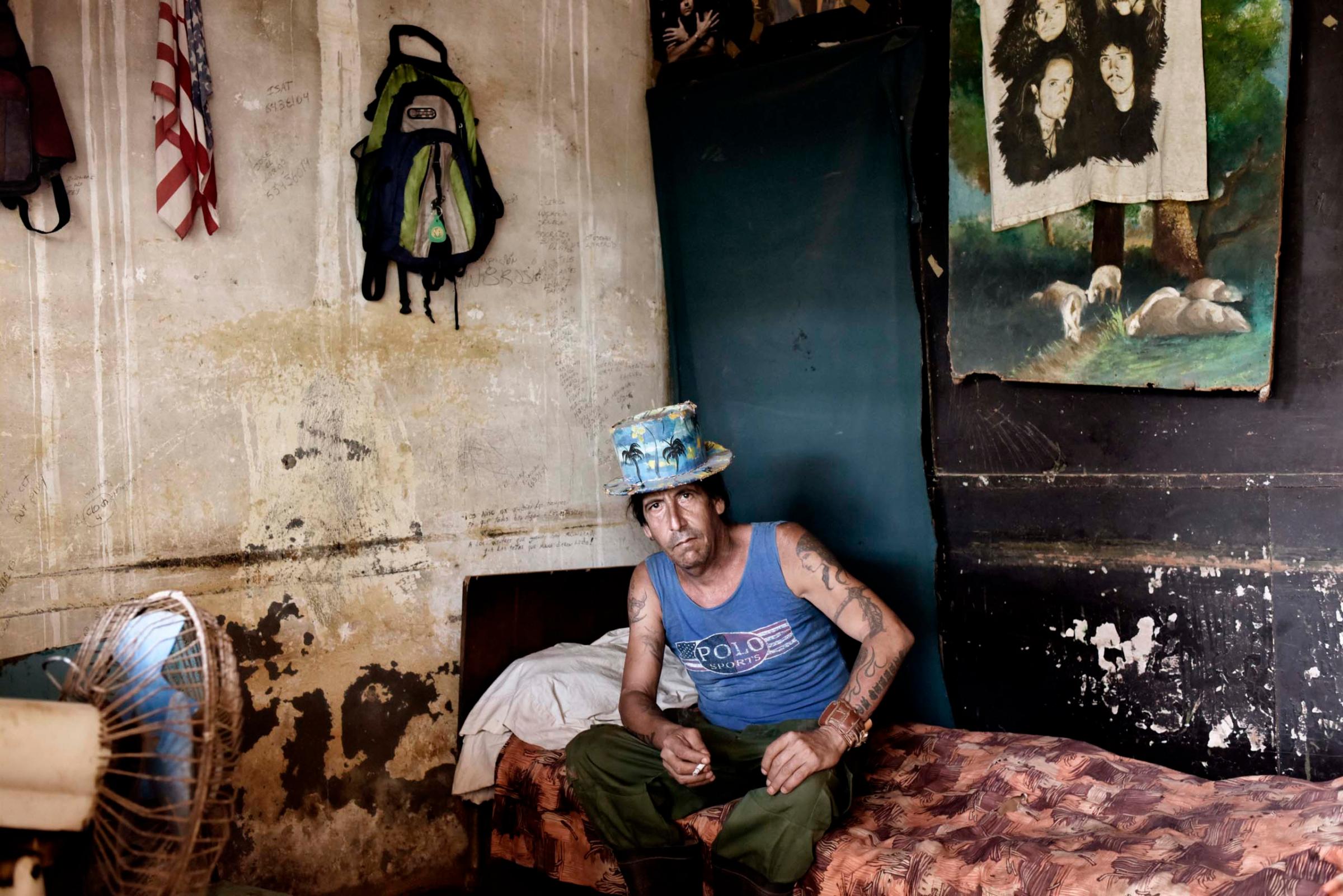

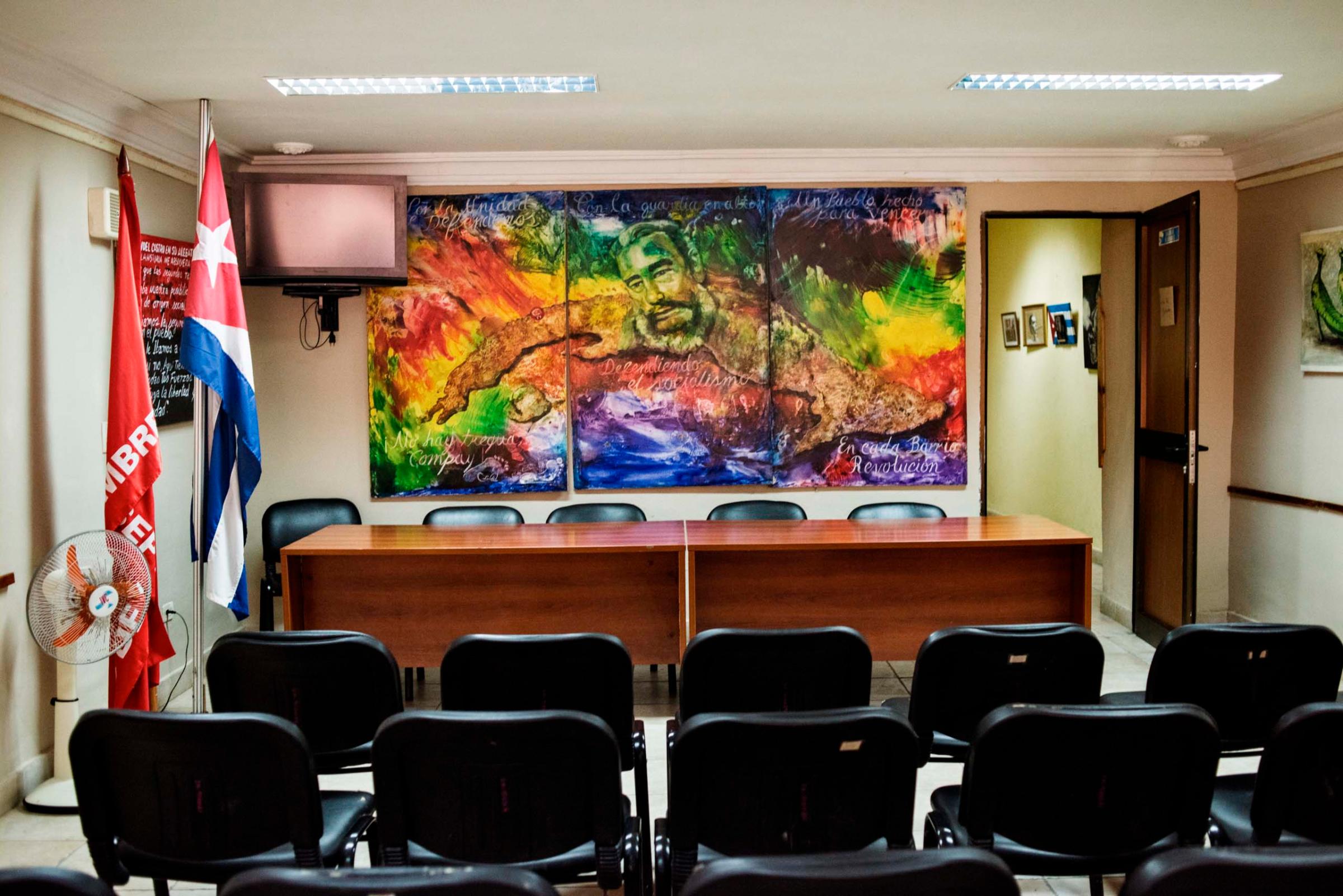

More Must-Reads from TIME
- Cybersecurity Experts Are Sounding the Alarm on DOGE
- Meet the 2025 Women of the Year
- The Harsh Truth About Disability Inclusion
- Why Do More Young Adults Have Cancer?
- Colman Domingo Leads With Radical Love
- How to Get Better at Doing Things Alone
- Michelle Zauner Stares Down the Darkness
Contact us at letters@time.com